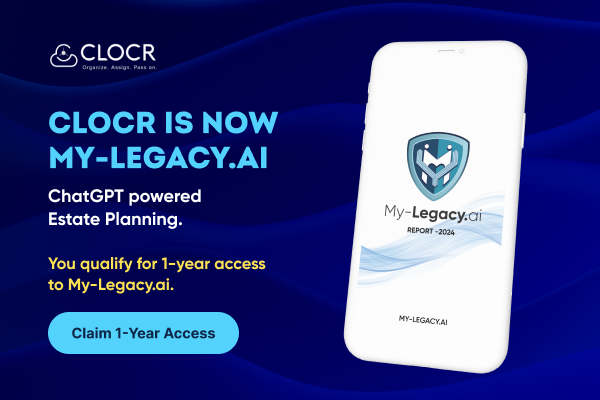It’s a good idea to be prepared for the possibility that someday you may need someone else to manage your affairs. In addition to having a will, many people also create a general power of attorney, which gives your agent authority to manage your finances and any real estate that you own.
What is Power of Attorney?
A general power of attorney assigns an “agent” to act on the behalf of someone else, known as the principal. The agent is given broad rights to perform any legal activity or transaction that the principal could have done themselves. For example, the agent might sell property, sign checks, or file taxes on behalf of the principal.
Power of attorney also applies in medical situations, in which case it’s called a health care power of attorney or durable power of attorney for health care. This document names an agent who can make medical decisions on your behalf if you are incapacitated and unable to speak for yourself.
However, while they have wide-ranging authority under this arrangement, agents don’t have unlimited power. There are some things they cannot do without prior approval from the principal or court order.
What Rights Does a Power of Attorney Have?
In general, a POA (whether it’s a durable power of attorney or another type) may authorize an agent to:
- access and manage bank accounts,
- settle debts, pay bills and taxes,
- conduct business transactions,
- buy and sell real estate and personal property,
- can make decisions about personal care for the principal, such as where he or she lives and what medical treatments are administered.
- hire professional help (such as an attorney or accountant), and
- manage investments.
What Are The Limitations of Power of Attorney?
As noted above, a power of attorney can be limited and can be as broad or as narrow as you like. It can last until you revoke it, or it can be limited to a specific time period.
For example, if you are going out of town for three weeks and need someone to handle your financial affairs, you could give them a power of attorney that would expire the day before you return home.
Furthermore, any power of attorney can be revoked at any time if the principal so chooses.
However, once a principal dies, the power of attorney is null and void because there is no longer a principal to make decisions. An estate representative would then take over for the deceased party’s affairs. The limitations are based upon state laws and vary from state to state but here are some general limitations:
- The POA may not delegate authority to another Agent at any moment.
- After the Principal’s death, the POA is unable to make any legal or financial decisions, and the Executor of the Estate takes over.
- After the Principal’s death, the POA is unable to disburse inheritances or transfer assets.
- The POA has no authority to alter or nullify your Will or other Estate Planning instruments.
- The POA may not alter or breach the conditions of the nomination paperwork; otherwise, they may be held legally liable for fraud or carelessness.
- The POA cannot act in any way that is not in the best interests of the Principal.
- The POA cannot make decisions before the agreement takes effect; conditions will be stated with the Agent and Principal’s consent.
- The POA cannot be legally selected unless the Principal is in good physical and mental health.
- The POA is not permitted to utilize the Principal’s assets or money as their own.
- The POA cannot be compensated in excess of what is specified in the POA agreement.
FAQ
Granting power of attorney (POA) to someone can be a great way to protect your financial interests and assure that your wishes are adhered to in the event you are unable to act on them yourself. Here is the answer to some questions that you might have regarding the same.
Who You Can Name?
You can name any adult as the person who will act with power of attorney for you. There are no restrictions on this unless state laws prevent it because a specific adult is under a guardianship arrangement, is incapacitated, or has been deemed incompetent by the courts.
Does POA Have Access to My Money?
It depends on what kind of POA you grant. If you give someone durable power of attorney, they will have access to all of your financial accounts, including bank accounts and investments such as CDs, IRAs, mutual funds, and stocks.
Can a Power of Attorney Transfer Money to Themselves?
Yes, but there are limits. A POA can only do what is identified in the document. It’s important that the person who sets up a POA trust the agent to use their power wisely. Unfortunately, circumstances do arise in which a POA abuses its legal privileges by transferring monies to oneself in excess of what is stipulated. In these situations, the POA can be terminated and the Principal or a family member can initiate legal action.

